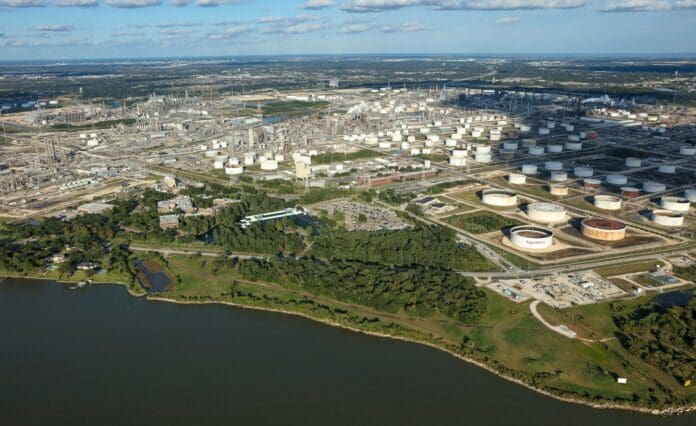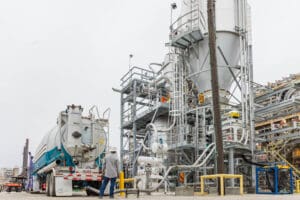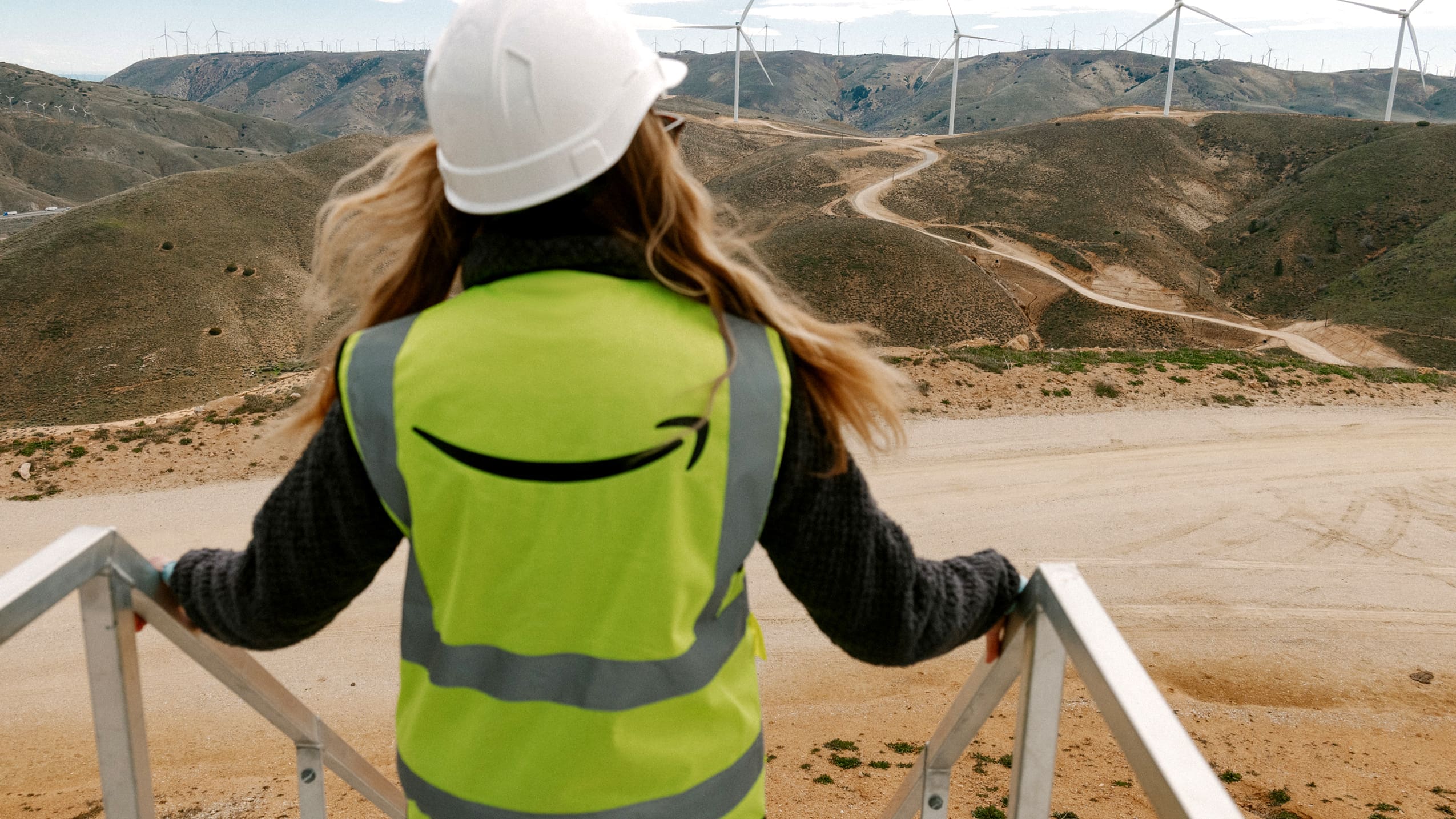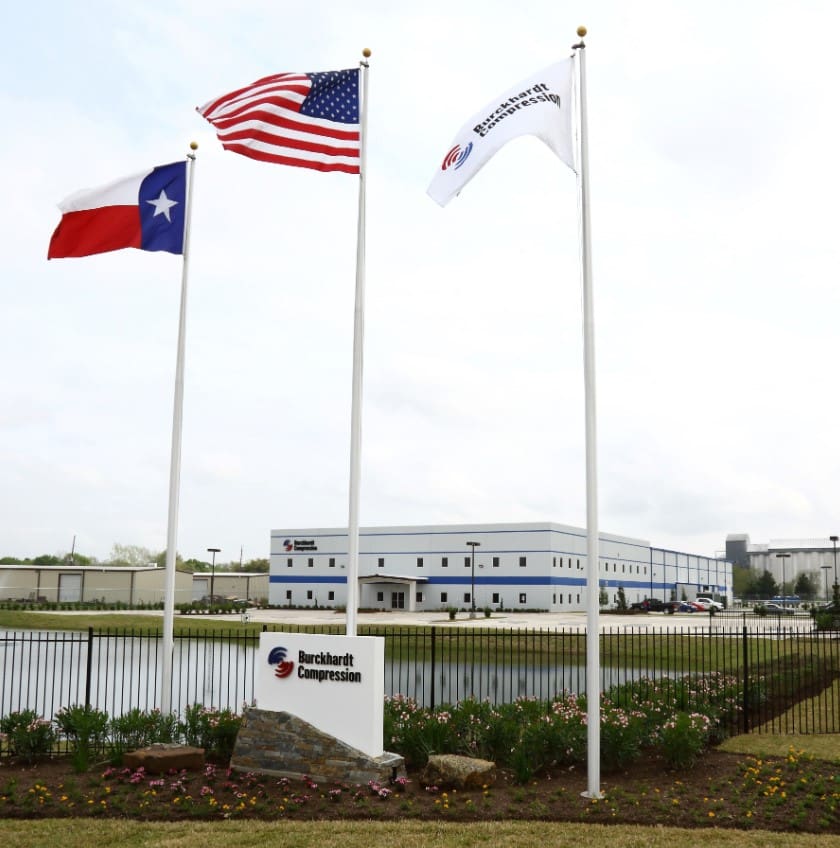
The carbon capture, utilization, and storage (CCUS) industry is experiencing a surge in growth as operators look for near-term solutions to mitigate emissions. Rising carbon credit prices are also making it more affordable for companies to integrate capture solutions into existing industrial applications. It’s a perfect storm for a growing CCUS industry.
ExxonMobil has been investing in CCUS for decades, mainly for capturing carbon dioxide (CO2) and using it for enhanced oil recovery. However, ExxonMobil’s environmental, social, and governance goals, paired with an industry that has become far more scalable and profitable, is taking its CCUS investments to new heights.
In mid-July, ExxonMobil entered into a definitive agreement to acquire Denbury Inc. (Denbury) a developer of CCUS solutions and enhanced oil recovery. The acquisition is a perfect fit for ExxonMobil, which has a sizeable CCUS portfolio and is known for investing within the oil and gas industry to lower its carbon footprint instead of aggressively targeting renewable energy projects like many of its peers. The acquisition is an all-stock transaction valued at US$4.9 billion, or US$89.45 per share based on ExxonMobil’s closing price on July 12, 2023. Under the terms of the agreement, Denbury shareholders will receive 0.84 shares of ExxonMobil for each Denbury share.
“Acquiring Denbury reflects our determination to profitably grow our Low-Carbon Solutions business by serving a range of hard-to-decarbonize industries with a comprehensive carbon capture and sequestration offering,” said Darren Woods, ExxonMobil chair and chief executive officer (CEO). “The breadth of Denbury’s network, when added to ExxonMobil’s decades of experience and capabilities in CCS, gives us the opportunity to play an even greater role in a thoughtful energy transition, as we continue to deliver on our commitment to provide the world with the vital energy and products it needs.”

ExxonMobil said that the transaction synergies are expected to drive strong growth and returns. The crown jewel of the acquisition is the largest owned and operated CO2 pipeline network in the United States. The network consists of 1300 miles (2092 km) of pipe, including nearly 925 miles (1489 km) of CO2 pipelines in Louisiana, Texas, and Mississippi. The pipeline network traverses one of the largest CO2 markets in North America due to a concentration of upstream, midstream, and downstream oil and gas industry. The region is also home to 10 onshore sequestration sites, giving it a unique blend of market exposure and existing infrastructure. In the short-term, the acquisition boosts ExxonMobil’s CCS deployment. However, it also serves as another tool the company can use to grow other low-carbon value chains, such as hydrogen, ammonia, biofuels, and direct air capture.
“This transaction is a compelling opportunity for Denbury to join an admired global energy leader with a low-carbon focus, a robust balance sheet, and a leading shareholder return program,” said Chris Kendall, Denbury’s president and CEO. “Over the last few years, Denbury has made significant progress executing our strategic plan, strengthening our enhanced oil recovery operations, and capitalizing on our unrivaled infrastructure to accelerate the growth of our CO2 transportation and storage business. To build even further on this positive momentum, the Denbury board of directors and management team undertook a thorough review process and considered a number of alternatives to maximize long-term value. Through this process, it became clear that the transaction with ExxonMobil is in the best interests of our company, our shareholders, and all Denbury stakeholders. Importantly, given the significant capital and years of work required to fully develop our CO2 business, ExxonMobil is the ideal partner with extensive resources and capabilities. The all-equity consideration will allow Denbury shareholders to participate in the upside of ExxonMobil’s stock while benefitting from its strong capital return strategy. We look forward to bringing together our highly complementary cultures and teams to realize the long-term value and benefits of this combination.”
The cherry on top of the acquisition is Denbury’s Gulf Coast and Rocky Mountain oil and natural gas operations, which consist of proved reserves totaling more than 200 million boe and production of 47,000 boe/d. These assets will contribute to ExxonMobil’s cash flow and serve as a market for CO2 offtake.
“Denbury’s advantaged CO2 infrastructure provides significant opportunities to expand and accelerate ExxonMobil’s low-carbon leadership across our Gulf Coast value chains,” said Dan Ammann, president of ExxonMobil Low-Carbon Solutions. “Once fully developed and optimized, this combination of assets and capabilities has the potential to profitably reduce emissions by more than 100 million metric tons per year in one of the highest-emitting regions of the United States.”
ExxonMobil said that the boards of directors of both companies have unanimously approved the transaction, which is subject to customary regulatory reviews and approvals. It is also subject to approval by Denbury shareholders. The transaction is expected to close in the Q4 2023.















